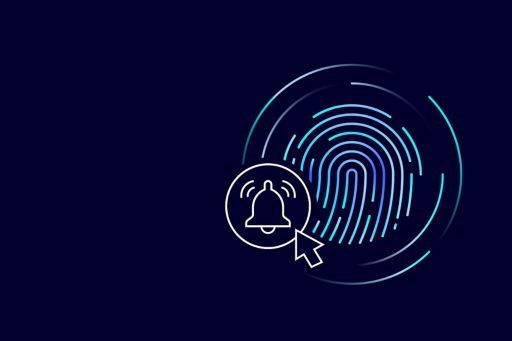Successful interviews are critical to successful investigations. Investigative interviewing has featured in our Forensic Lens podcast series with leading global thought leaders as they discuss the essential building blocks of an investigative interview.
Our forensic experts hosted a webinar to dive deeper into the practical elements of a successful interview.
Luke Howman-Giles, Jill McGahon and Andrew Thorogood explored the first two phases of a successful interview: preparation and execution.
Preparing for an investigative interview
By failing to prepare, you are preparing to fail, and this certainly applies to investigative interviewing. Prior to an interview, it is prudent to consider:
- purpose and objective of the interview
- procedural fairness
- questioning techniques
- researching the interviewee
- establishing an investigative mindset.
Having an investigative mindset when interviewing is critical to obtaining a complete, and reliable account.
Conducting an investigative interview
When considering interview execution, there are various models and questioning techniques which can guide the interviewer. However, the key to a successful interview comes down to the interviewer’s ability to build rapport.
In episode 3 of KPMG's Forensic Lens podcast, Rebecca Milne, Professor of Forensic Psychology and a Chartered Forensic Psychologist explained discussed the concept of building rapport during an interview:
Rapport cannot be faked; it has to be genuine. You need to have empathy, a natural curiosity, and ensure that you’re not emotionally charged in a negative way. You’ve got to engage. Go in with a positive mind.
Watch the webinar
For more information on investigative interviews, you can watch to the KPMG Forensic Webinar: Investigative Interviewing recording, or listen to the Forensic Lens podcast series, available at your favourite podcast provider.
Key contacts
Save, Curate and Share
Save what resonates, curate a library of information, and share content with your network of contacts.




